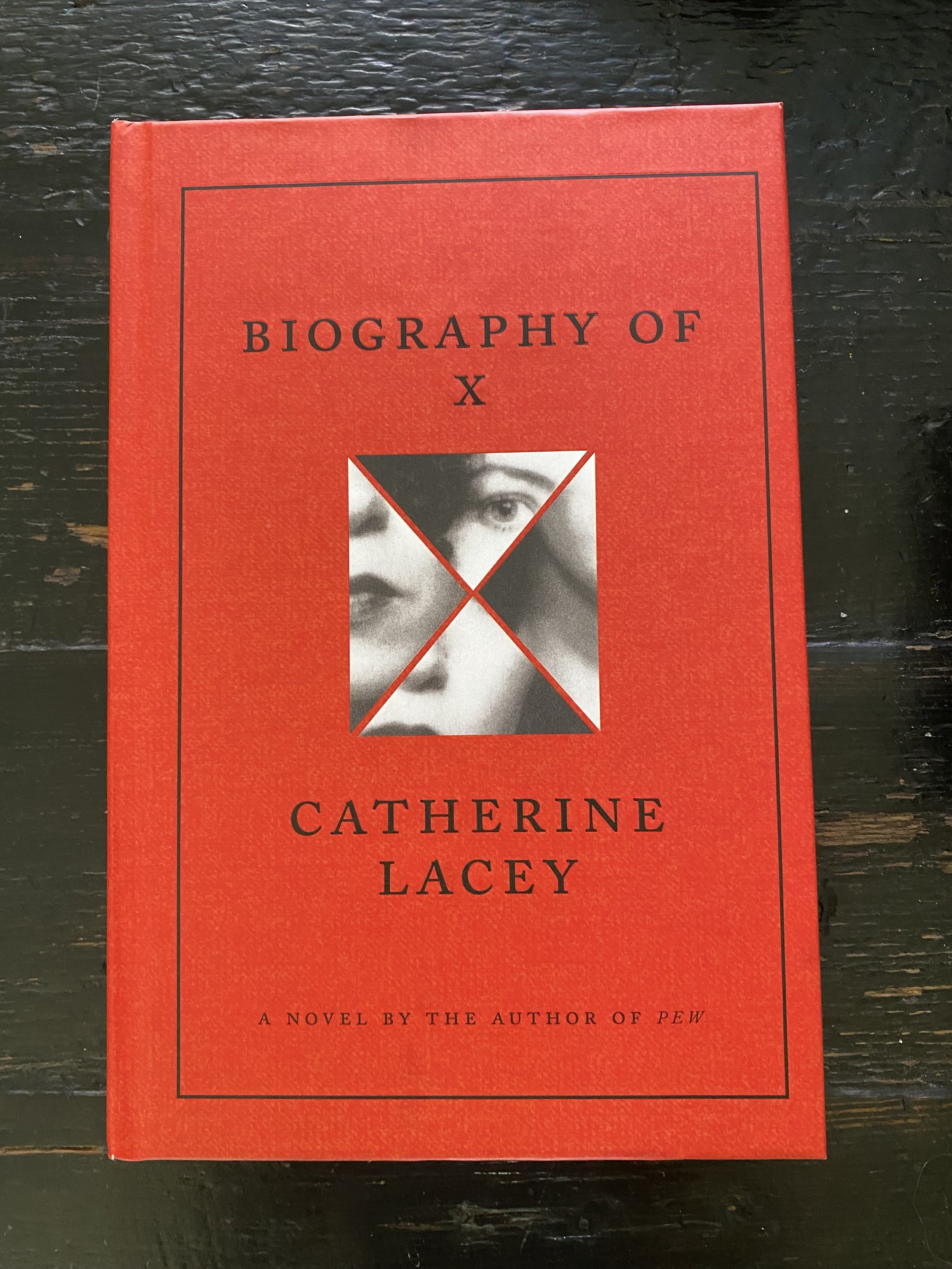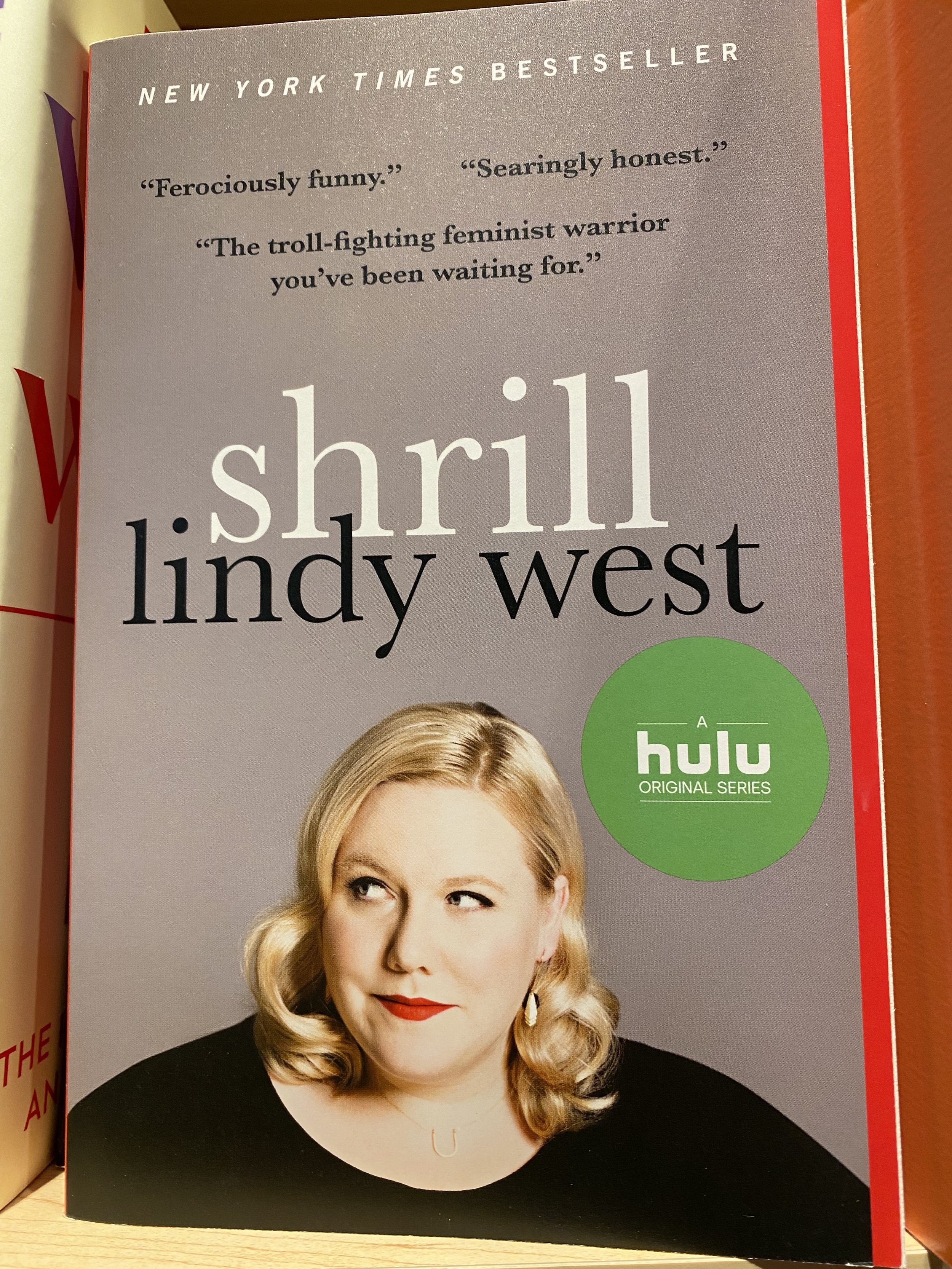5/5 stars
What's it about? Tayo returns to the reservation after serving in World War II, barely surviving his battle with post-traumatic stress disorder. In connecting with his heritage and his people’s knowledge, he reconciles with the world around him and his place in it. A one-of-a-kind novel about the power of storytelling and the ignorance of human violence.
How’d I find it? I’ve long been reminded of my need to pick up Ceremony by displays at independent bookstores. Now that I’ve read it, I can affirm that it’s canon.
Who will enjoy this book? The writing is a blend of Neil Gaiman’s American Gods and Annie Proulx, visceral and visual and poetic. Those who enjoyed Layli Long Soldier’s Whereas should appreciate the themes in Ceremony.
What stood out? Leslie Marmon Silko wrote a perfect book. Ceremony is beautifully and creatively crafted, at times dreamlike and at others taut with the anticipation of loss. I loved the inclusion of Pueblo stories and descriptions of the rituals that encourage Tayo to heal. Tayo himself is a complicated character to inhabit for so many pages, and time in his mind provokes anguish that makes the novel immersive.
Which line made me feel something? “The silence was inside, in his belly; there was no longer any hurry. The ride into the mountain had branched into all directions of time. He knew then why the oldtimers could only speak of yesterday and tomorrow in terms of the present moment: the only certainty”.









